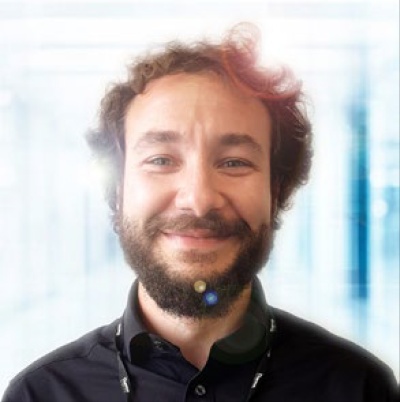Lukáš Najdekr: In science, you need to have international contacts

Lukáš Najdekr knew early on that he didn‘t want to be a doctor, although the profession runs in his family. Nevertheless, he‘s interested in clinical practice and is particularly intrigued by metabolomics, which in medicine can be used to determine metabolic biomarkers for detecting diseases or evaluating an organism‘s response to drugs. In particular, Lukáš sees great possibilities in lipidomics dealing with lipid molecules.
“I see a great future in this field. If we can accurately measure the profile of lipids, of which there are several hundred thousand, we will be able to predict or even prevent certain health problems much more easily. This applies, for example, to oxidative stress and ageing, which is one of the issues that I focus on a lot. In addition, we are working with colleagues in cardiology to validate lipid biomarkers and bring them into clinical practice. It would be a pity not to take advantage of the connection with the university hospital here,” said Lukáš. For him, the priority is no longer to focus on one selected metabolite but on entire groups. “The point is to measure the entire profile because that gives us much more comprehensive information about the patient and could provide doctors with a useful diagnostic tool,” he said.
This biochemistry graduate from Palacký University was originally going to continue in cell biology but instead took the opportunity to take a doctorate in medical genetics. From there, it was only a small step to metabolomics and the close connection with analytical chemistry. While interning in the US at Thermo Fisher Scientific, he learned a lot about the devices he uses. “In science, you need to travel and make international contacts. That‘s why I went to work at the University of Birmingham (UK) for three years. I returned last autumn, and we are now starting several projects,” said Lukáš, who is looking forward to further work and would appreciate closer collaboration between scientists and the private sector and, above all, a reduction in red tape.

